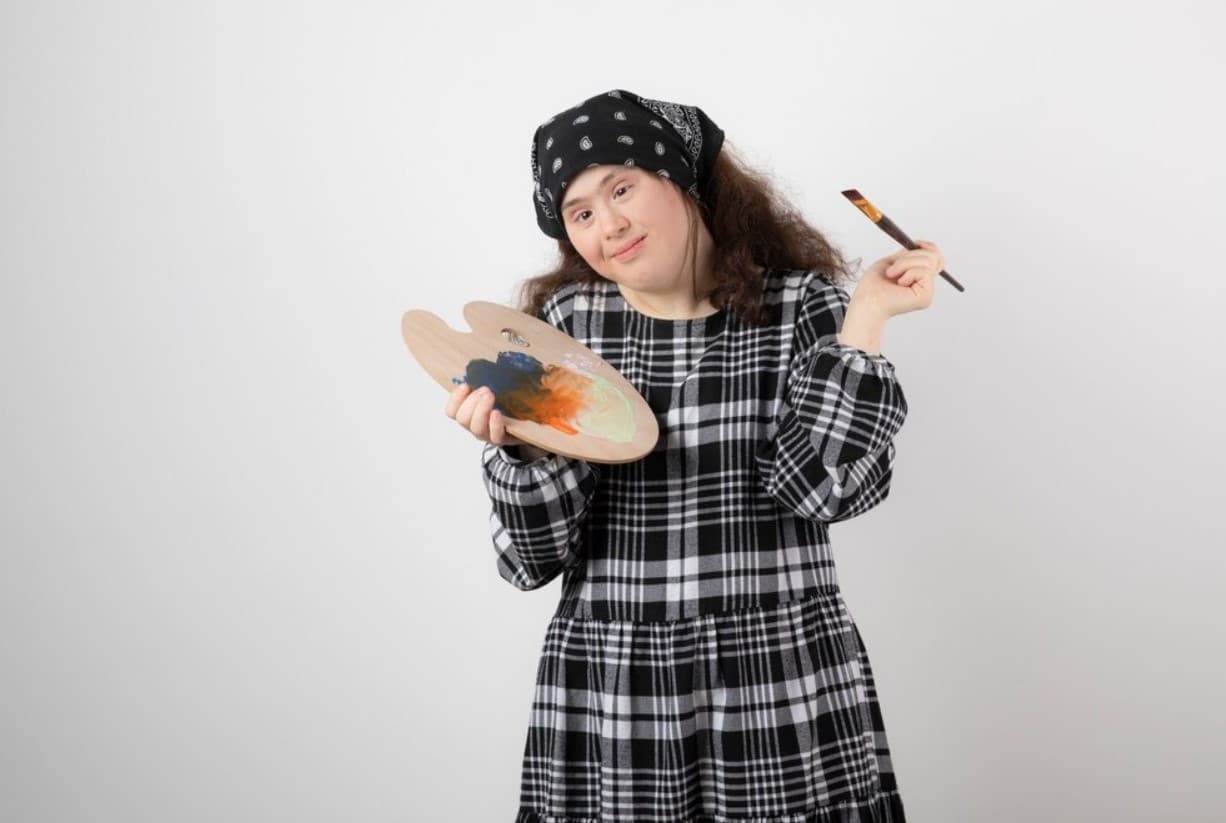
Autism spectrum disorder (ASD) includes delay in child development and their deviant functioning. Autism is often diagnosed in childhood, usually after the age of four. However, some people cannot identify it until their adulthood.
As people discover autism in their later life, their response to it completely varies, some might feel that they have got the answer to their altered behavior and thinking, although some might feel ashamed or intimidated perhaps due to negative or misinformed interpretations of autism. Others may also take this as an opportunity to grow, learn and find their authentic selves knowing that the problem does not lie in their capability.
If you feel that you might have signs of autism, we would love to help you figure out your condition – as well as help you find a way to make it easier for you.
Autism can make people appear distant, which makes it difficult for them to connect with others. People suffering from ASD also have different reactions to sensory stimuli, one same stimulant can cause hypersensitivity in one and hyper in the other.
Having this unusual sensitivity to specific types of sensory input might provide difficulties for people with autism to perform basic routine tasks, getting exhausted and drained dealing with a wave of sensory challenges.
What causes autism?
ASD is more common in people with certain genetic diseases. It is concluded after knowing the complexity of the disease that there are presumably several reasons behind ASD, genetics, and environment being the primary ones.
Autism tends to run in the family, if one of the parents has the genes it might transfer to the child, in some rare cases the genetic change also arises spontaneously during the pregnancy increases the risk of the disorder.
What are some signs of autism?
At different stages, symptoms and signs change according to the severity of the disorder, however, some common signs that are mostly displayed in people diagnosed with autism are:
Problem with communication
Adults with autism have a hard time communicating with others as they cannot comprehend others’ facial expressions, gestures, or tone of voice, which makes it challenging for them to maintain ongoing conversations.
Eye contact may be another important social cue that people with autism struggle with. They may look away too often during conversations, or even stare blankly.
Narrow interest
Autism narrows people’s interests and choices, as they can barely focus on one or two subjects which highly fascinate them. Trying to communicate with others who don’t share their interests might be tedious or extremely difficult for them. It may even result in avoiding social interaction at all.
Repetitive behavior
Autistic individuals like to stick to a constant routine, minor alterations might cause them distress since keeping things in order gives them a sense of security and predictability in their lives. They may feel uneasy just by taking a different route to work or adding a shelf to their cabinet.
Support for autism in adulthood
Unlike children, an adult with autism disorder doesn’t receive the same concern and care, especially being in the role of caregiver. So, if you are diagnosed with autism, you should seek out support based on the challenges you’re facing like anxiety disorder, social isolation, or job difficulties. Along with support, brain training – especially with trainers who are not only expert professionals but also an emotional resort – effectively proves to be an all-in-one solution. Unlike children, adults have to learn to regulate their behavior regardless, and getting experienced guidance is life-changing.
Just like everyone else, people with autism have unique strengths and weaknesses and brain training will help you discover those. Some autistic adults experience high intelligence, strong memory, and the ability to think “outside the box,” Other characteristics include a distinct sense of humor and a strong sense of justice. A good brain training program helps harness the strengths and provides a toolkit to cope with weaknesses.
To conclude, broadened learning & greater awareness about autism can equip individuals and families to grow, work, learn & channel their unique diversities through several lifestyle measures, dietary changes & powerful interventions.






